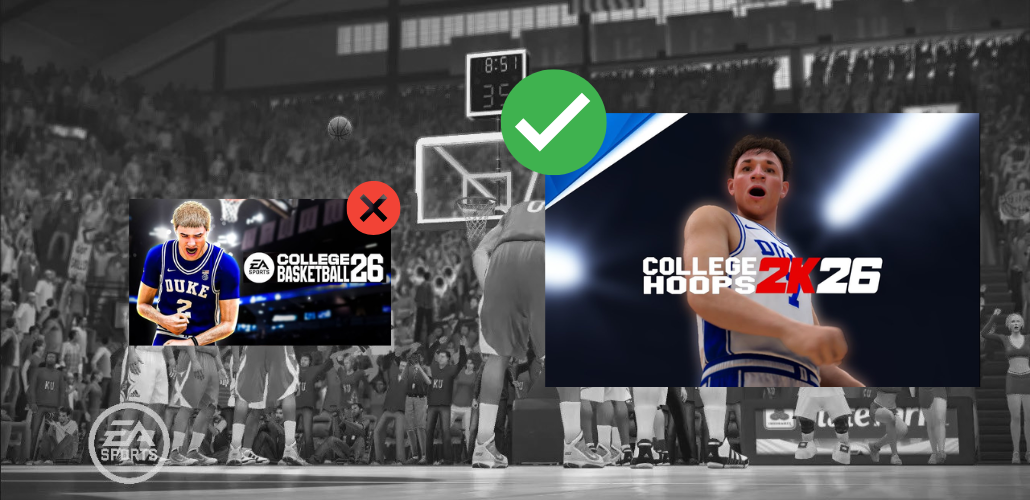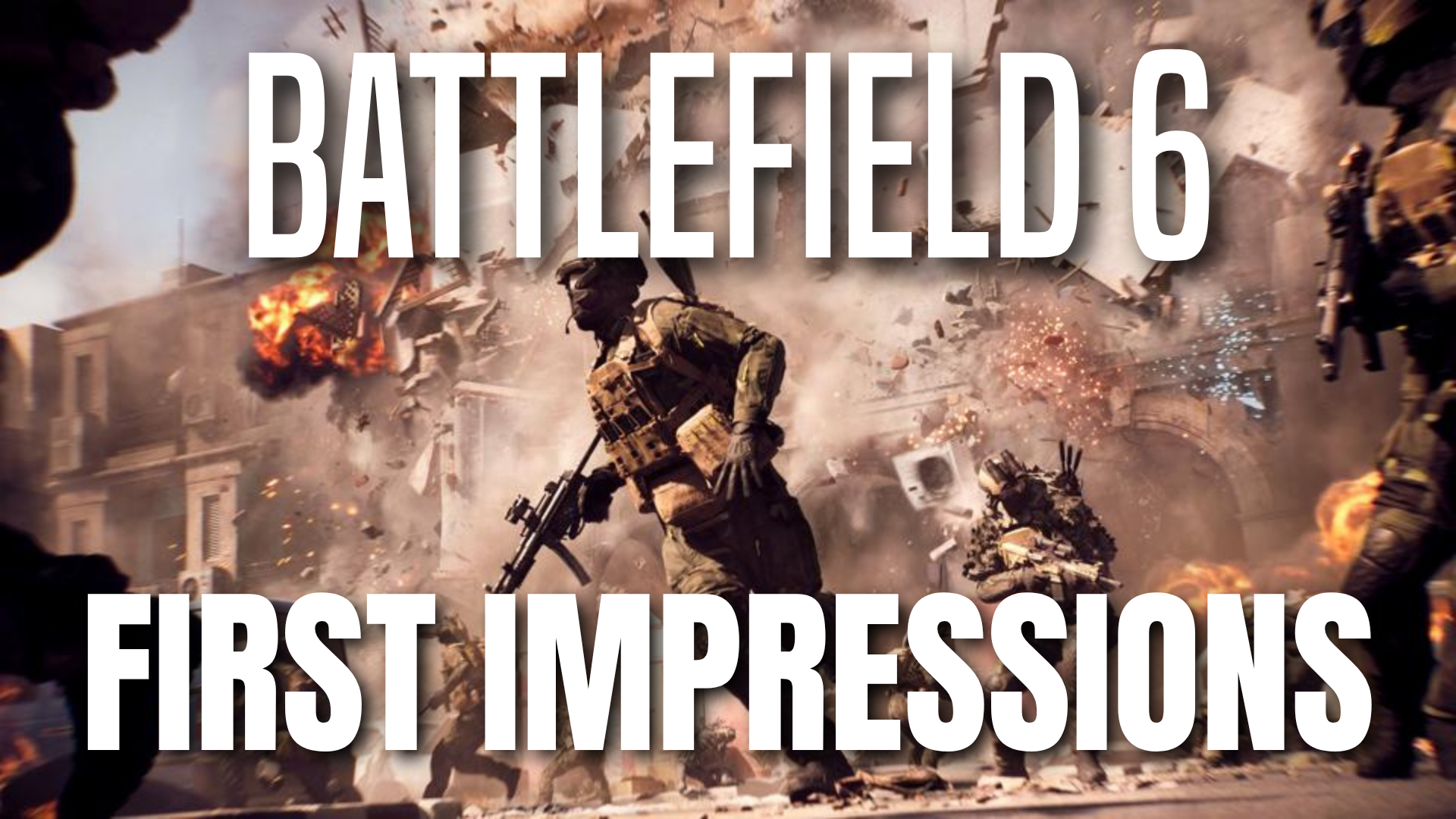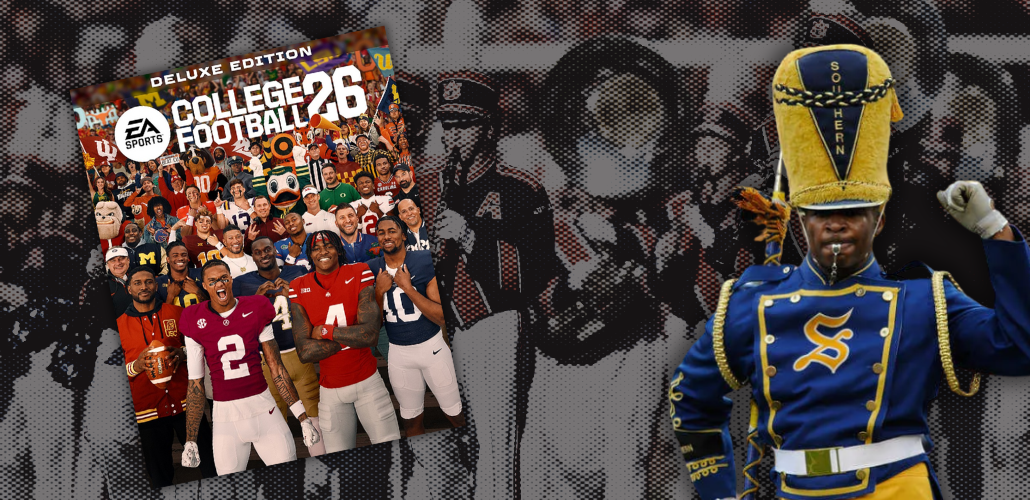Menu
Contact

At the end of June, EA Sports announced plans to bring back its long-dormant college basketball video game, building on the success of CFB25 and CFB26. But those plans have already been derailed. According to reporting from Extra Points, EA has rescinded its licensing proposal after enough schools nationally chose to license with 2K instead. In a memo, EA’s VP of Commercial Partnerships Sean O’Brien expressed disappointment, acknowledging that the company could not secure the broad agreements necessary to include all Division I men’s and women’s teams, conferences, and athletes in a standalone game.
The reversal comes after weeks of industry speculation. By July, reports surfaced that 2K, also known as Take-Two Interactive, was actively pursuing its own licensing deals with schools. As more programs opted to align with 2K, EA lost the exclusivity it needed to move forward, effectively pulling the plug on its ambitious vision. While EA’s goal was a comprehensive game spanning every Division I program, 2K’s approach is reportedly narrower, built around the sport’s biggest brands rather than the entire collegiate basketball landscape.
This development leaves fans once again waiting to see what form a new college basketball title might take, and when it could finally arrive on shelves. While EA’s exit creates uncertainty, 2K now appears positioned to lead the return of college basketball gaming, albeit in a different format than fans may have hoped. For background, we at Cxmmunity Media previously covered EA’s original announcement and why it sparked so much excitement: read that full breakdown here.

It’s been four years since Battlefield 2042. That game built hype with massive maps, immersive gameplay, and the promise of dynamic weather — ambitious, to say the least. But what we got was a buggy mess with busted servers and missing staple features, even non-negotiables like in-squad voice chat. The backlash was immediate: negative reviews poured in, and some players demanded refunds. With 2042 widely seen as a failure, EA went back to the drawing board, bringing together four of its most talented teams to create a game that could both redeem and revive the franchise.

I come from this culture. I marched in Morehouse College’s “House of Funk” Marching Band. My father marched in Southern University’s “Human Jukebox”. For us, marching bands weren’t a halftime distraction, they were the show. They’re the heartbeat of HBCU sports, and our unique approach to musical performance has been influencing broader marching culture for decades.

Known for their chart-topping hits and genre-defining impact, Ne-Yo and T-Pain have taken their friendly competition out of the studio and into the virtual ring.